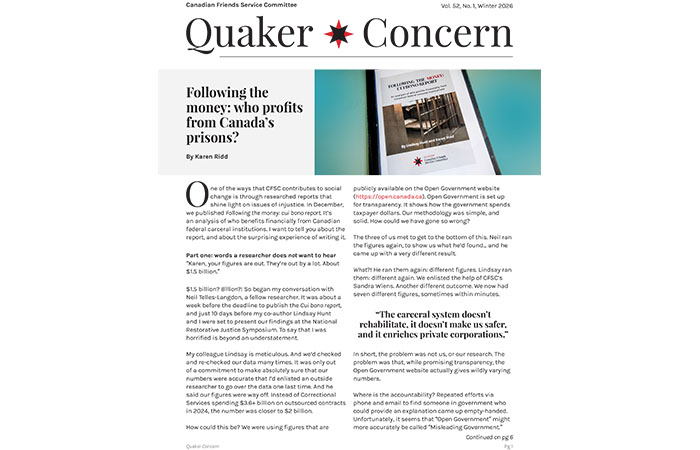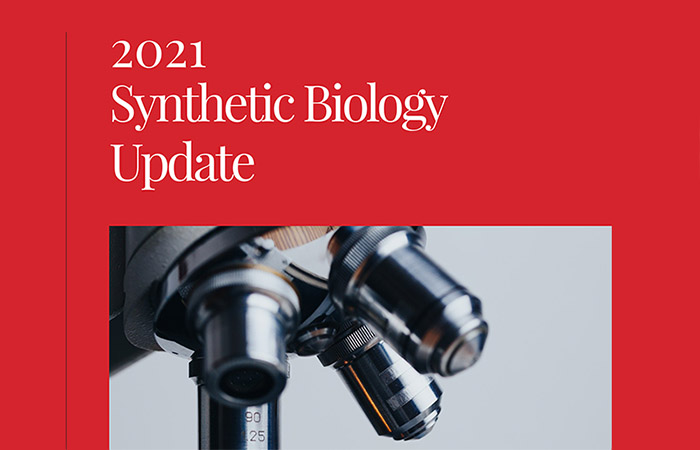
COVID-19, novel drugs, and gene therapies: synthetic biology update 2021
April 12, 2021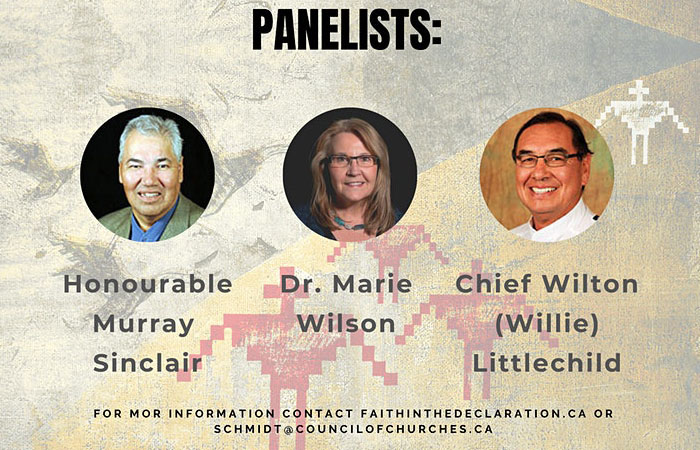
Watch TRC Commissioners on UN Declaration legislation
May 18, 2021
What’s synthetic biology?
It’s already happening. Many scientists, biohackers, and corporations hope to create novel life forms. They want to move from evolution through natural selection into a phase of ever more human-designed life.
Combining life sciences, computer science, and engineering, an entire field sometimes called “synthetic biology” is taking shape. It uses a suite of powerful techniques with names like “CRISPR.” As with many new technologies, governments have failed to keep pace.
Here are just a few of the current or potential applications (read the details about each of these and many other applications in our news updates below):
- Editing humans: He Jiankui’s edits of twin babies made international headlines. Some biohackers are experimenting with editing themselves. Other research on adult humans is taking place and much more may lie on the horizon.
- Editing animals: Animals are being edited to grow bigger, run faster, or grow without horns and some claim that eventually they may be able to “deextinct” certain species.
- Editing plants: There are calls to meet consumer desires for currently impossible foods, or to go so far as to replace all agriculture with lab-made foods.
- Gene drives: There are attempts to change the genes of entire populations in the wild. Some want to crash populations of mosquitoes and mice, or to make changes to the DNA of entire plant crops.
- Bioweapons: Researchers have used mail-order DNA to create a potent virus and have published how others can do the same. The US military is researching all sorts of applications, like editing bacteria to track enemy submarines.
- Skin products: there are yeast-secreted synthetic biology products like sunscreen, skincare products, and fragrances.
- Clothes: there are plans for clothes that sense and communicate, “living shoes” that form around your feet, and an artist has used leather from lab-made human skin.
The above clip shows some of the unbelievably far reaching possible impacts. The clip feels highly optimistic. Compare it to the one below.
The European Commission defines synthetic biology as “the application of science, technology and engineering to facilitate and accelerate the design, manufacture and/or modification of genetic materials in living organisms.”
At CFSC we are not scientists. But, grounded in our values of simplicity, peace, integrity, community, equality, and respect for all creation, we have an important role to play in response to synthetic biology. We can bring perspectives that are often lacking among those with a narrow technical focus. We are one of the faith communities that is most actively following developments in this field.
What’s the latest news?
Here are some of the latest headlines and developments from the field, shared in easily digestible updates for people with zero background in science (PDF):
- 2021 update
- 2020 update
- 2019 update
- 2018 update
- 2017 update
- 2016 update #2
- 2016 update #1
- 2015 update #2
- 2015 update #1
- 2014 update
What are CFSC’s positions?
After years of tracking and reflecting on the issues, we produced the 2017 position paper Synthetic Biology: Major Issues of Concern to Quakers. It covers:
- The approach to regulation,
- Technology’s uncertainties and range of potential impacts,
- The relevance of spiritual factors, and
- Regulating synthetic biology: the public’s essential role.
The Winter 2016 issue of our newsletter Quaker Concern pages 4-5 and this 2014 blog post offer two additional opinions about the connections between spirituality and synthetic biology.
Why are Quakers interested?
Canadian Quakers have been considering queries like:
- How do we address ecological aspects of synthetic biology? e.g. impacts on biodiversity, synthetic organisms being untested by evolution and ecosystems
- How do we address social aspects of synthetic biology? e.g. equitable distribution of benefits, needs of the vulnerable
- How do we address the spiritual concerns regarding synthetic biology? e.g. the sacred in living beings and nature in relation to synthetic biology, the valuing of technology as compared to human wisdom and inner truth.
We created a double-sided handout on the question “What do Quakers have to do with synthetic biology?” touching on the range of viewpoints we heard from Quakers from across the country.
What is CFSC’s mandate?
Nationally, Quakers have:
- Affirmed the seven principles identified in Principles for the Oversight of Synthetic Biology, and asked CFSC to continue discerning ways to implement the seven principles:
- Employ the Precautionary Principle;
- Require mandatory synthetic biology-specific regulations;
- Protect public health and worker safety;
- Protect the environment;
- Guarantee the right-to-know and democratic participation;
- Require corporate accountability and manufacturer liability; and
- Protect economic and environmental justice.
- Requested that CFSC provide Canadian Quakers with easily understandable updates on synthetic biology;
- Asked us to find opportunities to link with other faith and community groups, and with Indigenous peoples, to share insights and discernment about synthetic biology; and
- Encouraged us to engage with other faith groups and interested parties, including organizations involved in research and/or manufacture in synthetic biology, to hold and/or participate in conferences that address ethical, spiritual, social, and economic aspects of synthetic biology.
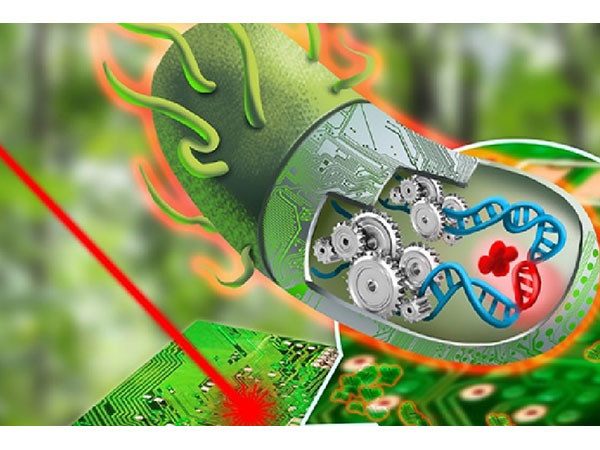
How did Quakers form their positions?
In 2013 we put together a kit of background information about synthetic biology (while the world has changed a lot since then, much of this is still relevant today). We heard back from 10 Quaker Meetings from across Canada who formed study groups to discuss these issues. Some of what they said is available in the double-sided handout Quakers & Synthetic Biology.
Annapolis Valley Monthly Meeting‘s study group developed an agenda template which you may find useful when considering synthetic biology. Many study groups commented about the far reaching and overwhelming implications of all of this, and how daunting it can seem to begin a conversation. So the agenda template can be a big help.
In early 2014 CFSC members and associates produced a Background Report on Synthetic Biology, which weaves together the common responses we heard from Quaker Meetings.
In addition to our own work, Quakers have also played an active role in the Faith and Life Sciences group of the Canadian Council of Churches, which has published a thorough curriculum for churches to assess the impacts of biotechnology: When Christian Faith and Genetics Meet.
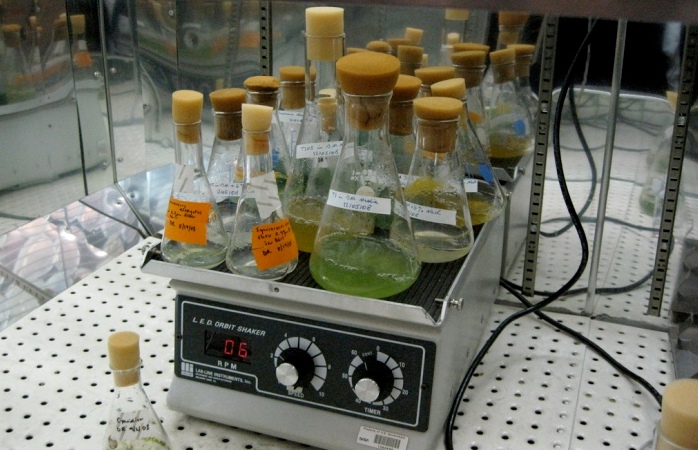
Historic Background: Development of a Quaker concern
So how did biotechnology originally grow into such a concern for Canadian Friends? The story is actually a good way to illustrate the development of a concern within the Quaker community.
Anne Mitchell, CFSC associate member for biotechnology concerns, began representing Friends on this issue when she joined the Canadian Biotechnology Advisory Committee in 2000. Anne brought a concern about patenting of higher life forms—the oncomouse, a mouse genetically modified for cancer research—forward in 2002 and a minute was developed: “What is it in nature and in human knowledge that we have the right to own?”
Anne brought this to the Governing Board of the Canadian Council of Churches (CCC). The Governing Board decided to intervene before the Supreme Court of Canada on the issue of patenting of the oncomouse.
Anne’s further discussions with Friends, and her experiences at the World Council of Churches Global Consultation on Genetics and New Biotechnologies, were presented at Canadian Yearly Meeting in August 2008, and documented in:



